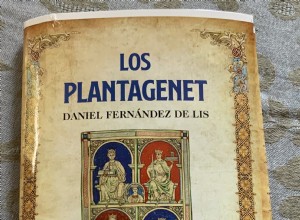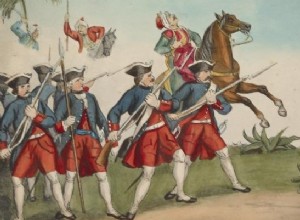Entry taken from the book The Plantagenets In 1326 Edward II reigned in England, son of the famous Longshanks, Edward I, the king who defeated William Wallace and had the legend Hammer of the Scots engraved on his tomb . Edward IIs reign had gone from disaster to disaster. In France and Scotland mil




